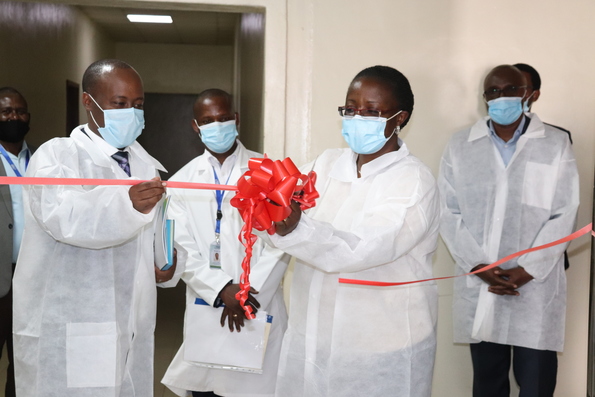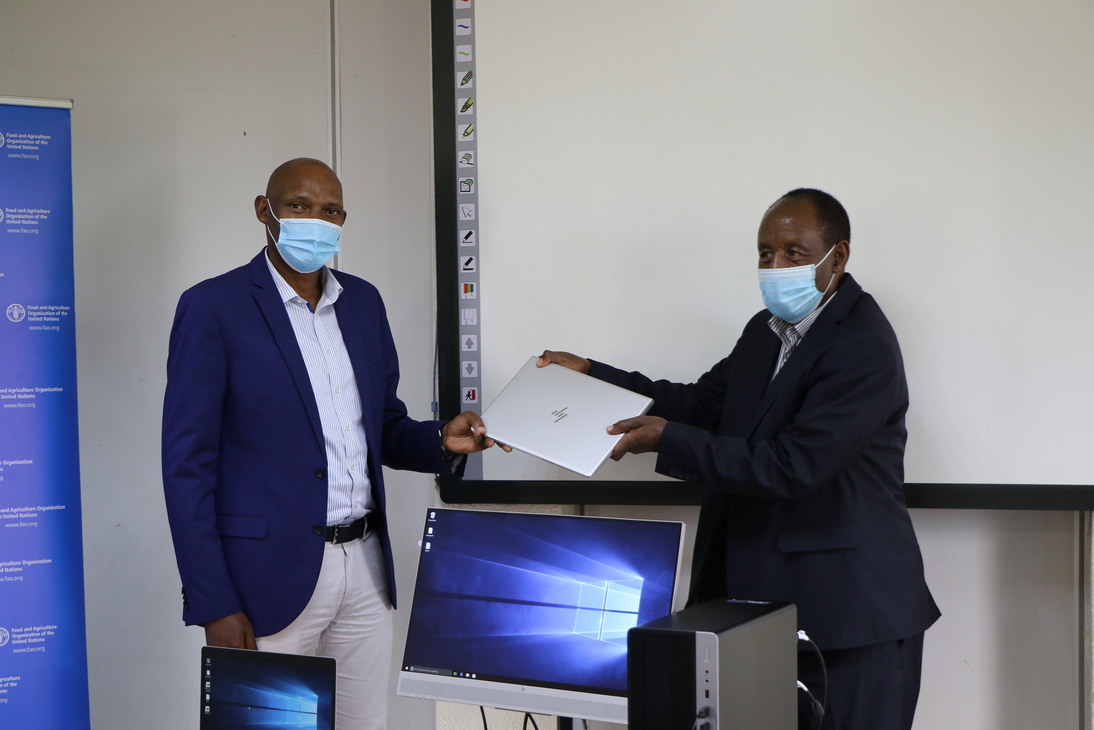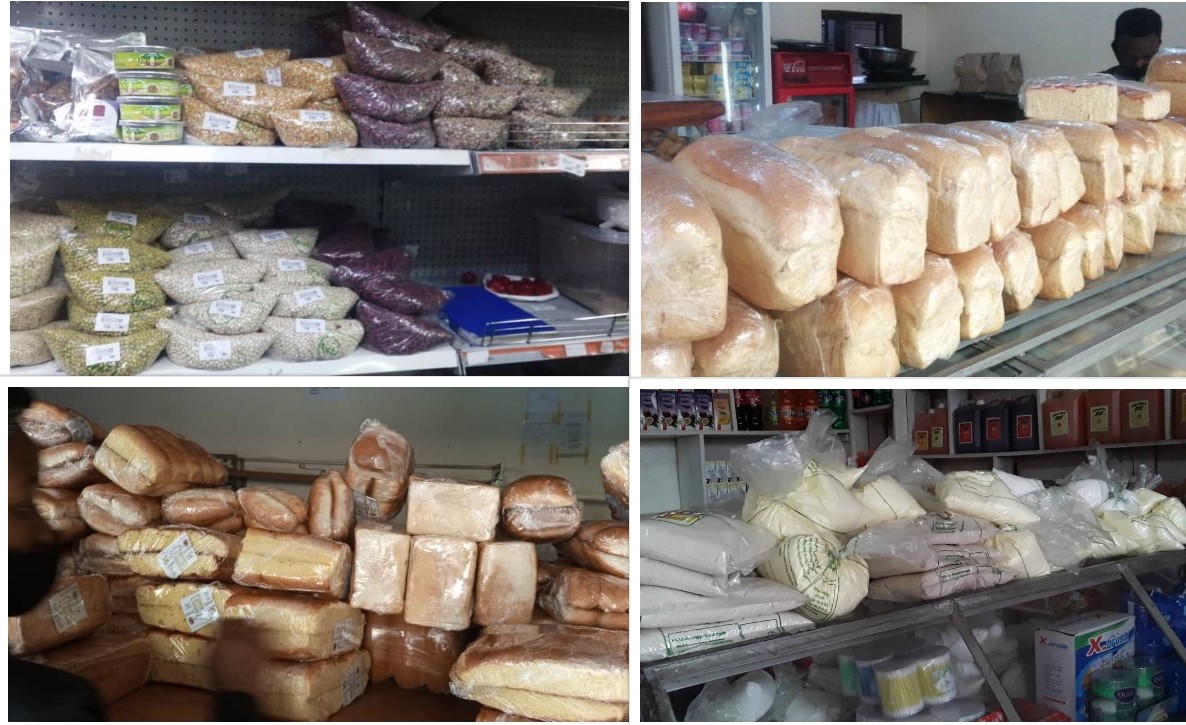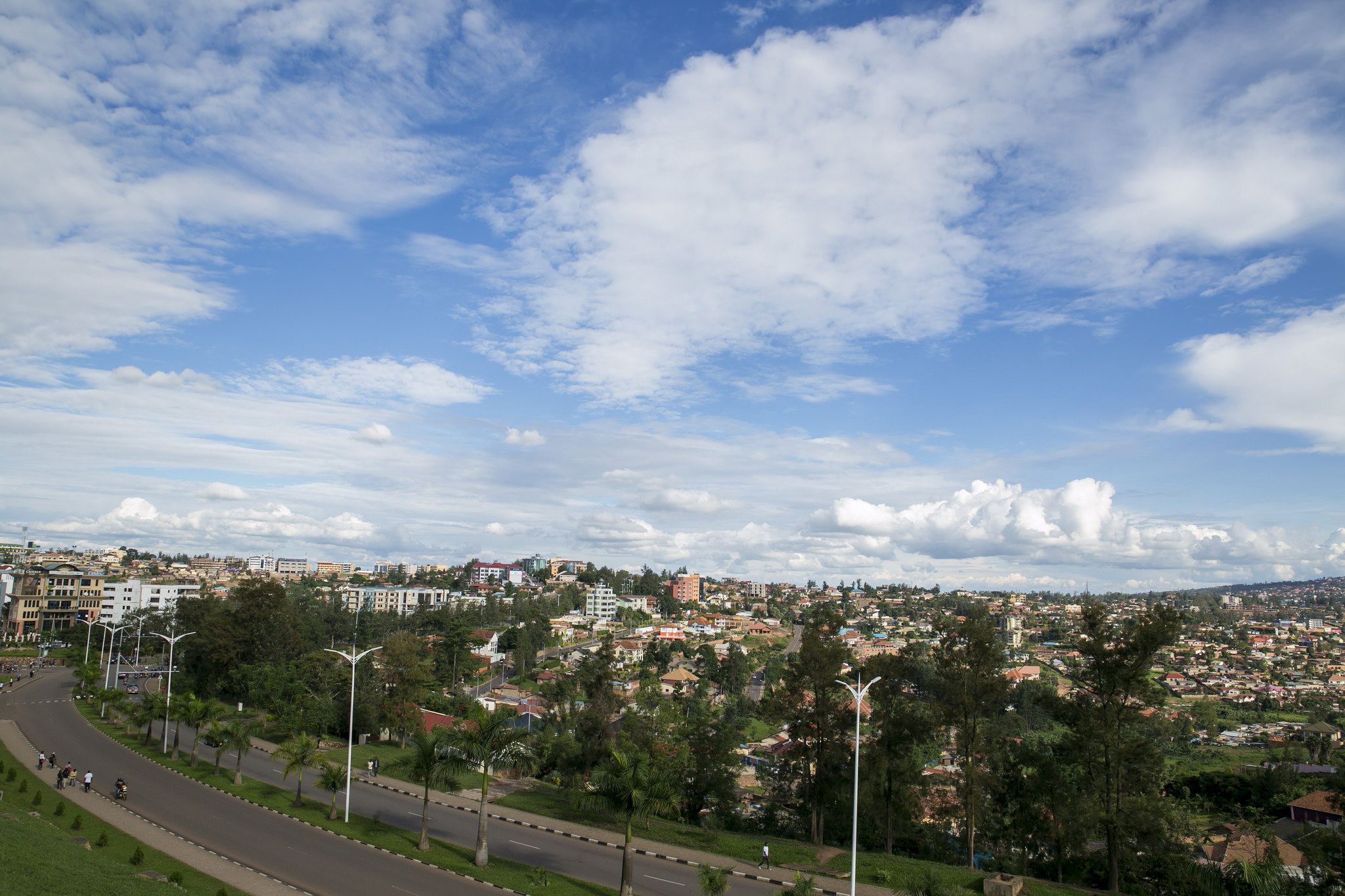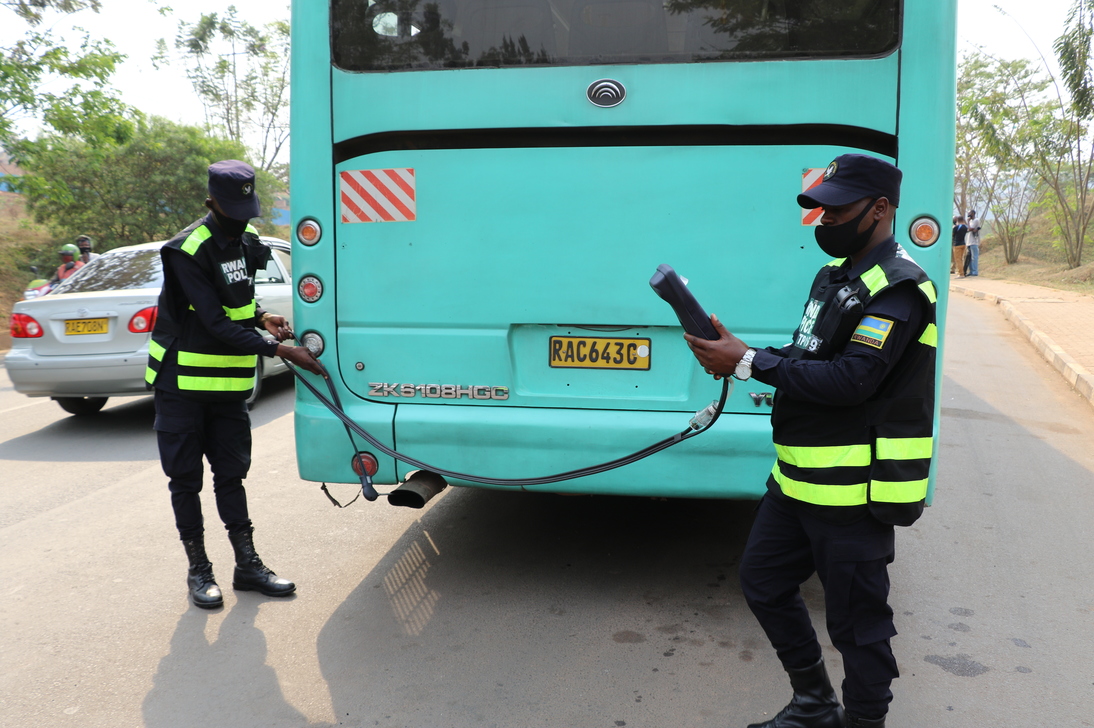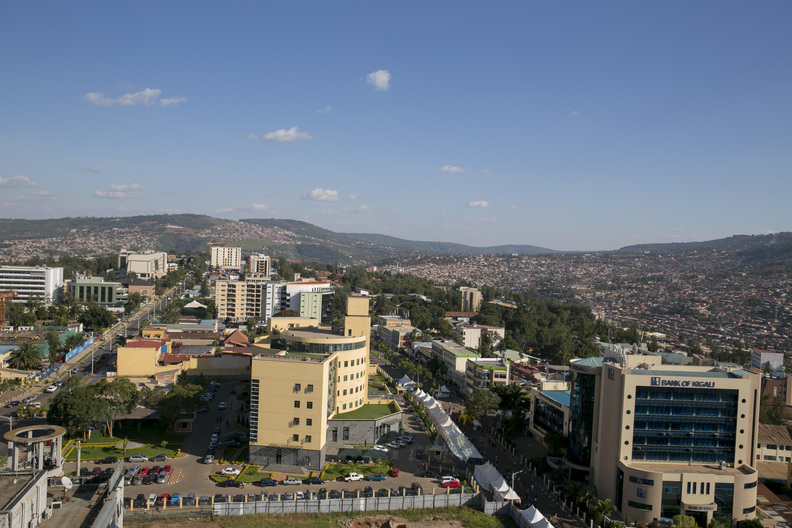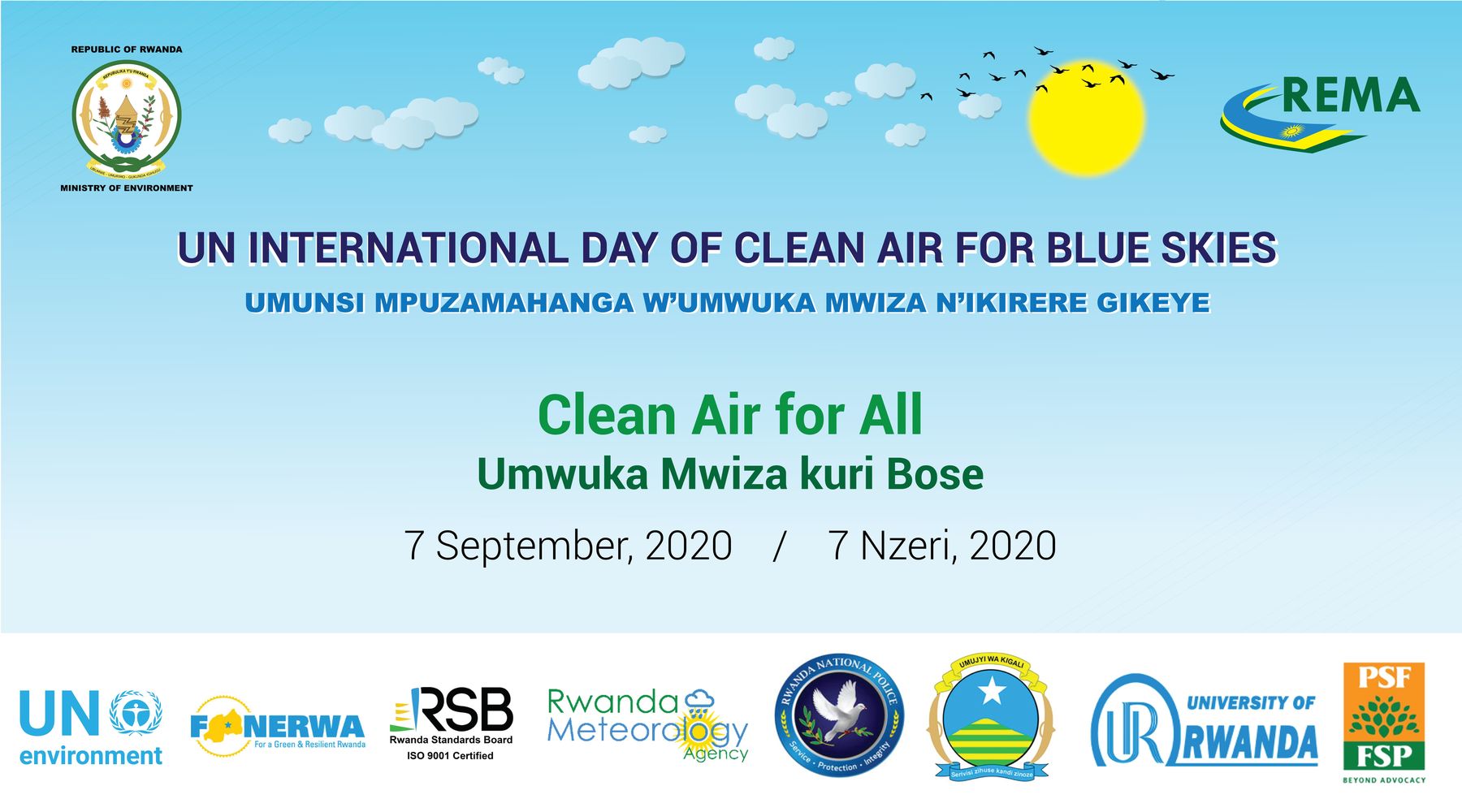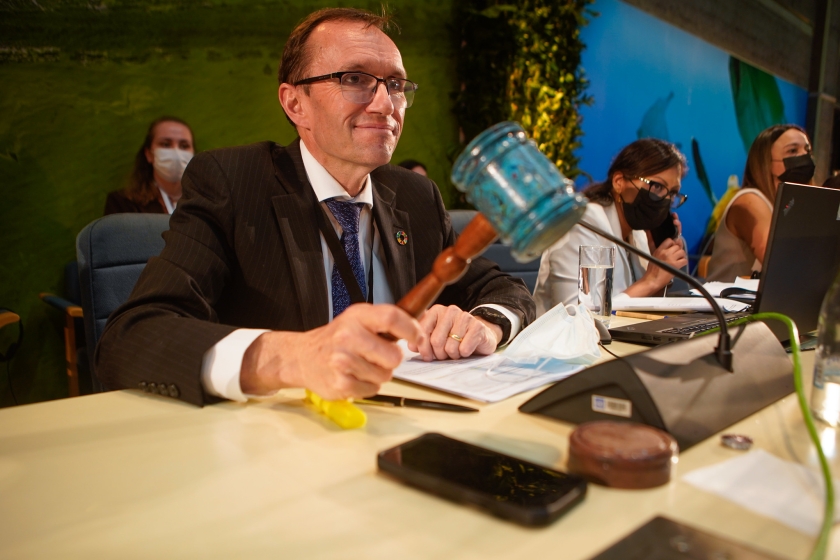
World Takes Major Step to End Plastic Pollution | UNEA 5.2 Adopts Historic Rwanda-Peru Resolution
The Fifth Session of the United Nations Environmental Assembly has today adopted a historic resolution to end plastic pollution. The resolution, which was co-authored by Rwanda and Peru, sets in motion the development of an international, legally binding instrument to end plastic pollution.
All countries - be they coastal, landlinked, or island states - are affected by the growing dependence on single-use and non-biodegradable plastics.
The resolution adopted today in Nairobi sets out the urgent need for a legally-binding global framework that takes bold action to transform humanity’s relationship with plastic. The framework will encourage regular ambition-setting and monitoring through national action plans, as well as international cooperation and knowledge-sharing.
It is vital that solutions to plastic waste are sustainable and the development of a treaty aims to achieve this. Lasting change can only come from interventions that address the full life-cycle of plastics and create a viable circular economy for plastics. This means focusing on product design and distribution, sustainable consumption as well as revolutionising waste management.
In the negotiations, the Rwandan delegation - led by Minister of Environment, Dr. Jeanne d’Arc Mujawamariya and supported by Director General of the Rwanda Environment Management Authority, Juliet Kabera - drew upon the country’s experiences of addressing plastic pollution and promoting investment in sustainable alternatives.
“We are delighted that the international community has adopted the Rwanda-Peru resolution to end plastic pollution. This decision is a historic milestone in the global effort to prevent our planet from drowning in plastics. We are proud of the role we have played so far, and we are optimistic about the once-in-a-lifetime opportunity nations now have to create a legally-binding framework which commits us all to a more sustainable future,” Minister Mujawamariya said.
“Rwanda has experienced first-hand the impact of plastic pollution. We have seen the toll it has taken on our natural environment, as well as on our people,” the Minister added. “This is why we have taken ambitious action against plastic pollution. In 2008, Rwanda was one of the first countries to ban single-use polythene plastic bags, and in 2019, we passed a transformative law which began phasing out all single-use plastics.”
The passing of the resolution, and eventual creation of a global treaty, will facilitate international cooperation through networks of technology and knowledge sharing, as well as on creating appropriate mechanisms for investment. This collaborative spirit will ensure the world can take full advantage of the economic opportunities created by a viable and vibrant circular economy for plastic.
The Government of Rwanda is optimistic, given the strong international will for change on this matter, that negotiations can continue to progress over the coming years as the treaty is developed. The planet needs a strong solution to the growing global threat of plastic pollution as soon as possible.
That’s why Rwanda is bringing together a like-minded group of nations to create the High Ambition Coalition to End Plastic Pollution. The coalition will work with the Intergovernmental Negotiating Committee as it develops the treaty, and advocate for urgent action to protect human health, biodiversity, and our climate. The goal of the coalition is to drive ambitious action during the negotiating process.
The coalition is co-chaired by Rwanda and Norway and counts as members countries from around the world - both coastal and land-linked - a reflection that plastic pollution is a planetary crisis, a threat which affects us all. Rwanda and Norway invite all Member States to join the High Ambition Coalition to End Plastic Pollution.
Topics
More posts
Rwanda launches the first ever cook stove testing laboratory
The Gouvernement of Rwanda has launched a cook stove testing laboratory which will also be used for testing of other aspects of renewable energies.
T…
REMA receives computing equipment provided by FAO to enhance Greenhouse Gases inventory
Rwanda Environment Management Authority (REMA) has received computing equipment that will be used for enhancing the Greenhouse Gases (GHG) national…
Kurengera akayunguruzo k’imirasire y’izuba biri mu nyungu za buri wese
U Rwanda rwifatanyije n’isi mu kwizihiza umunsi mpuzamahanga wo kurengera akayunguruzo k’imirasire y’izuba wizihijwe tariki 16 Nzeri 2020…
REMA yongeye kuburira abagikoresha amasashi n’ibikoresho bya pulasitiki bikoreshwa inshuro imwe
Ikigo cy’igihugu cyo kubungabunga ibidukikije REMA kuri uyu wakane tariki 10 Nzeri 2020 cyatangiye igenzura ku iyubahirizwa ry’itegeko ribuza ikorwa,…
Clean skies, healthy people...
Rwanda has joined the rest of the world to mark the first-ever International Day of Clean Air for blue skies. The day calls upon all of us, from…
Abafite imodoka barasabwa kuzirinda gusohora imyotsi ihumanya umwuka
Ikigo cy’igihugu cyo kubungabunga ibidukikije REMA ku bufatanye na Polisi y’u Rwanda, kuri uyu wagatandatu tariki 05/09/2020 batangiye igikorwa cyo…
International Day of Clean Air for Blue Skies: Rwanda’s commitment to Preserving Air Quality and Fighting Air Pollution
Rwanda recognizes air pollution in cities and at national level as a serious environmental and health threat. According to estimates from the World…
Abanyarwanda barakangurirwa kwirinda ibyahumanya umwuka n’ikirere
Kigali, Tariki 04 Nzeri 2020 – Uyu mwaka u Rwanda ruzifatanya n’isi kwizihiza ku nshuro ya mbere umunsi mpuzamahanga w’Umwuka Mwiza n’ Ikirere Gikeye.…
Postgraduate students funded by REMA successfully completed their research theses
Sixteen students from the University of Rwanda who were funded by the Rwanda Environment Management (REMA) under the Landscape Approach to Forest…
